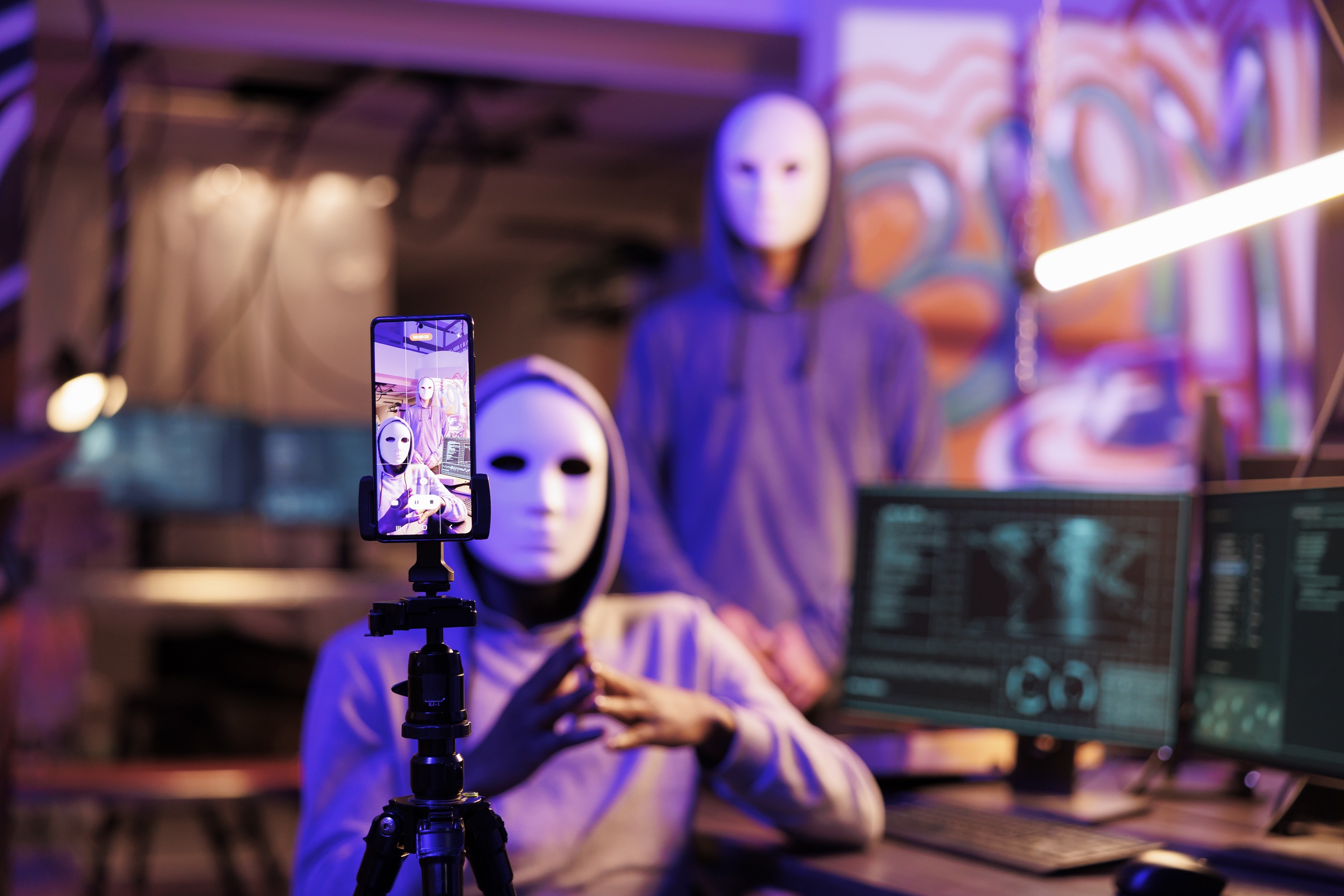Heightened use of social media during the coronavirus pandemic brought with it an unprecedented surge in the spread of misinformation. Of particular significance were conspiracy theories surrounding the virus and vaccines made to combat it. Though conspiracy theories about vaccines are not a new phenomenon, this was the first time they were observed becoming elevated to the level of national political discourse. A new study led by researchers from the University of Tokyo shows that online political engagement, conspiracy theories and spirituality played crucial roles in shaping the anti-vaccine beliefs of different groups.
The pandemic was a world-changing event that will likely be studied from many different perspectives for a long time to come. Researchers around the world explore the impacts it had on people, institutions, health, and even the environment. Professor Fujio Toriumi from the Department of Systems Innovation studies how public opinion forms by analyzing communications data such as news media or social networking. His group examined the phenomena of anti-vaccination conspiracy theories, focusing on Japanese Twitter records, and drew some conclusions about the impacts and causes of such beliefs.

Online spaces attract conspiracy theorists. Social media has helped propagate conspiracy theories faster than was possible with more traditional media. This has driven engagement with political parties that focus on conspiracy theories. Image: Envato/DC_Studio, under license.
"During the COVID-19 pandemic, there was a rise in anti-vaccine sentiments on social media, and our study aimed to understand the triggers that led individuals to adopt anti-vaccine attitudes," said Toriumi. "We found anti-vaccination conspiracy theorists, so-called anti-vaxxers, exhibited stronger political engagement compared to vaccine supporters. Although some Japanese users express right-wing tendencies, a majority lean toward more left-wing ideologies, in contrast to what was observed in the West."
Long-term anti-vaxxers showed strong political engagement, often aligning with liberal parties; however, those brought into the fold of anti-vaxxers due to the pandemic exhibited weaker political interest overall, but there were strong and frequent occurrences of terms related to conspiracy theories and spirituality in their Twitter profile descriptions. While the study doesn't establish causation, it highlights the potential role of conspiracy theories and spirituality as gateways leading individuals to support more divisive politicians and political parties.
"Spirituality, naturalism, alternative health practices and anti-vaccine sentiments all have something in common: their indifference or even disdain for scientific evidence," said Toriumi. "Individuals interested in these topics tend to pick what scientific facts suit their opinions. Also, they exhibit strong resistance to the incorporation of artificial substances into their bodies under the guise of naturalism. It is believed that these similarities serve as gateways to anti-vaccine conspiracy theories."
It might be tempting to think that the views and opinions of fringe groups online don't have any real-world consequences, but there have been some high-profile cases of conspiracy theories breaking the confines of the online realm; for example, in the U.S., the so-called Capitol insurrection and far-right conspiracy group QAnon's obstruction of vaccine efforts, and in Japan, the rise of controversial political party Sanseito, which is built on a variety of conspiracy theories and anti-immigration rhetoric, amongst other things, but also environmentalism. And while the spread and impact of conspiracy theories is a global issue, there are some instances that are particular to Japan.
"The uniqueness of conspiracy theorists leaning left in Japan may be attributed to the impact of the 2011 Fukushima nuclear disaster," said Toriumi. "While anti-nuclear sentiments have long been associated with leftist ideologies, the addition of the fear stemming from radioactive contamination has led to the proliferation of conspiracy theories predominantly within the leftist spectrum, believed to be related to fear surrounding the incorporation of foreign substances into the human body. This might have heightened fear, hesitancy and mistrust in vaccines during the pandemic and was likely reinforced by increased representation online."
All over the world, not just in Japan, social media is considered a major vector for spreading misinformation. The prominent factors for this include the rapid dissemination of information and the wide scope of its reach, as well as the influence of the echo chamber, the nature of social media platforms to present users with things that likely support — and reinforce — their biases. These unique characteristics of social media make it more susceptible to the spread of misinformation compared to traditional media, which are more likely to have editorial oversight or even legal regulation regarding content, and which social media usually lacks. Social media platforms also contain a vast sea of data, which make them far more difficult to observe and analyze.
"The most challenging aspect of conducting this research was applying machine learning and data analysis techniques to vast feeds of Twitter data that were constantly changing," said Toriumi. "This was done to classify patterns of people's attitude changes toward the COVID-19 vaccine, distinguishing between persistent anti-vaxxers and pandemic-induced new anti-vaxxers. In the future, we intend to explore the effectiveness of different communication strategies in addressing vaccine hesitancy and misinformation. Additionally, we plan to investigate the role of social media platforms and their algorithms in amplifying or mitigating the spread of conspiracy theories and misinformation. Understanding these dynamics is crucial for developing effective interventions to promote public health and combat misinformation."






